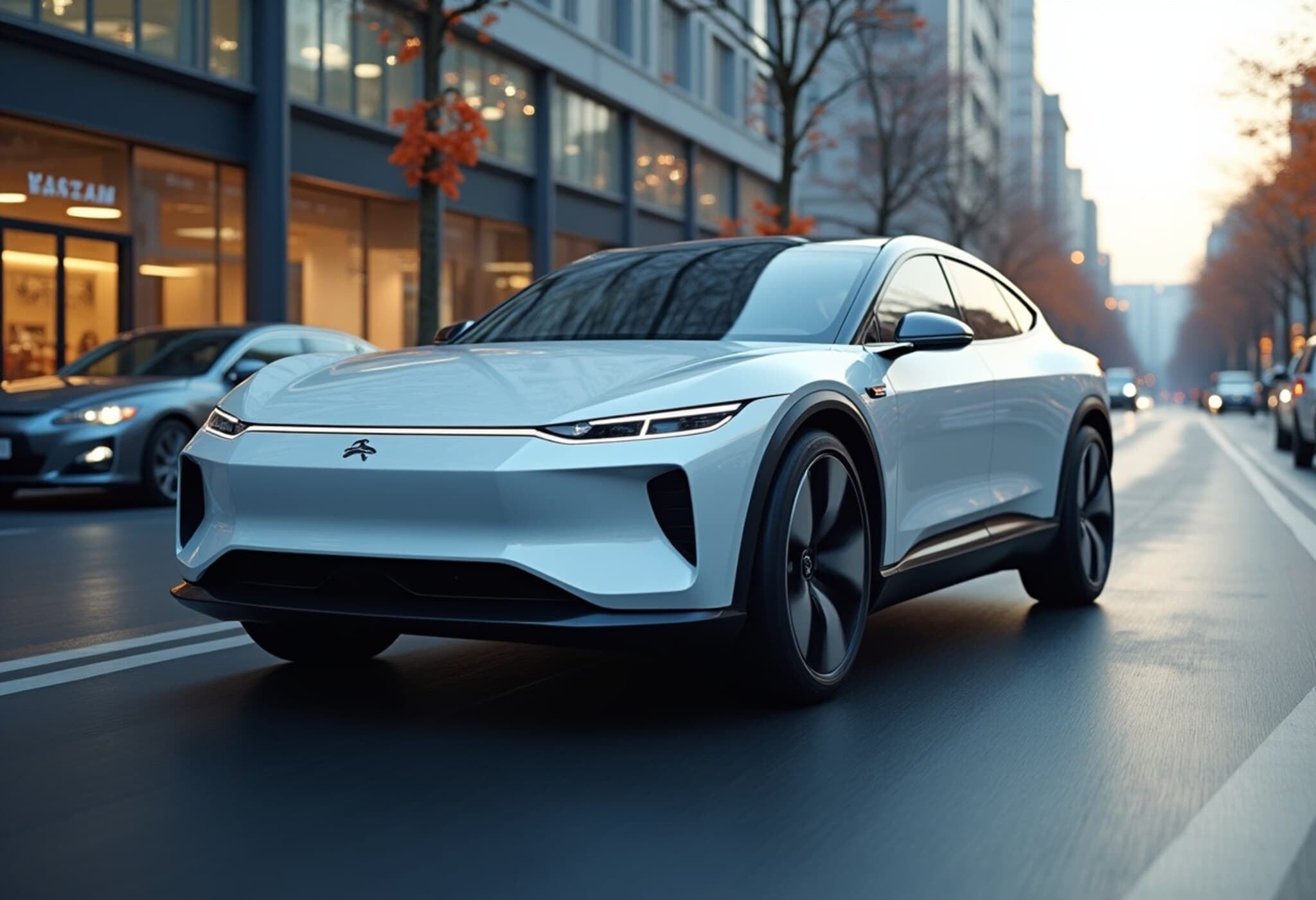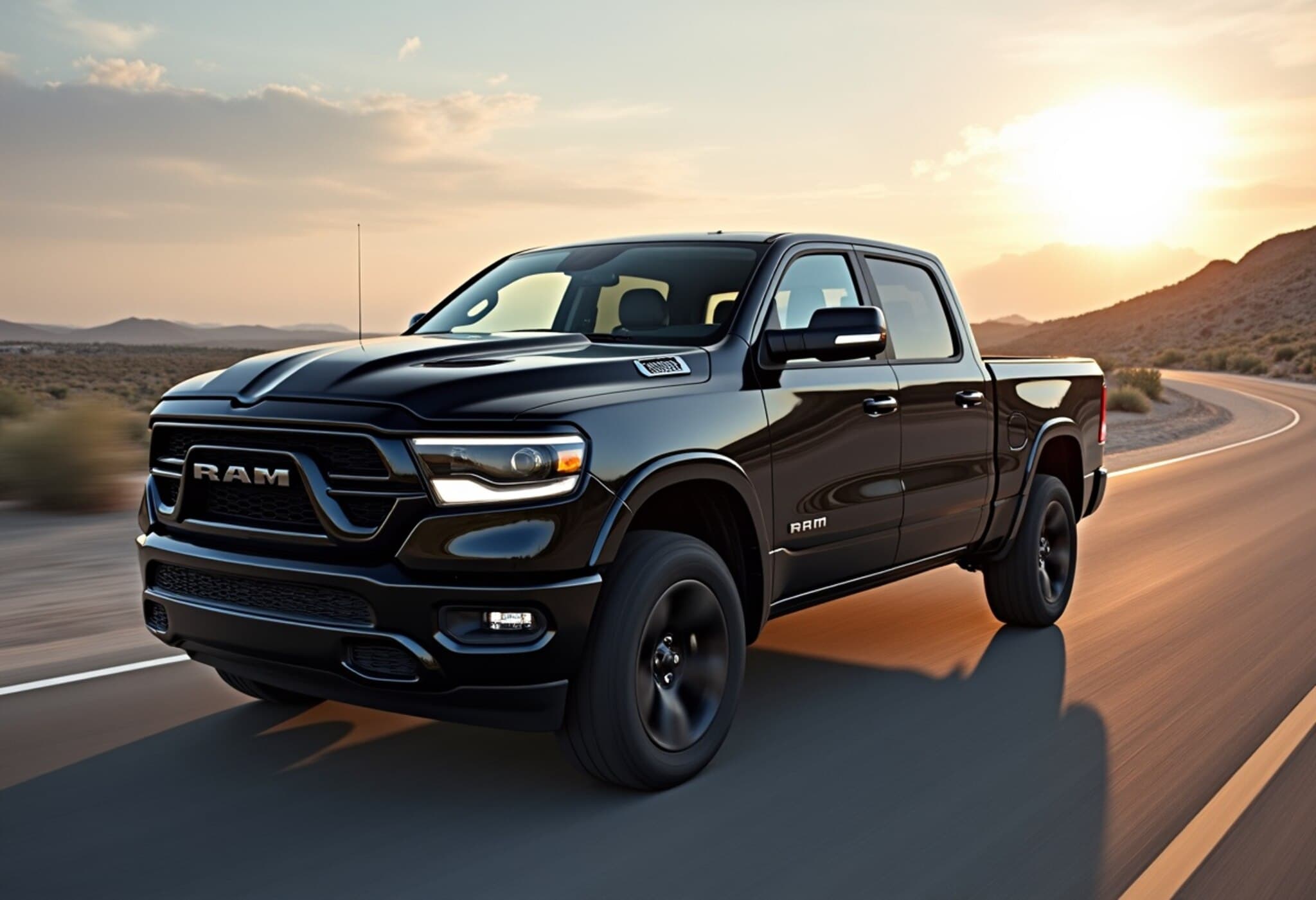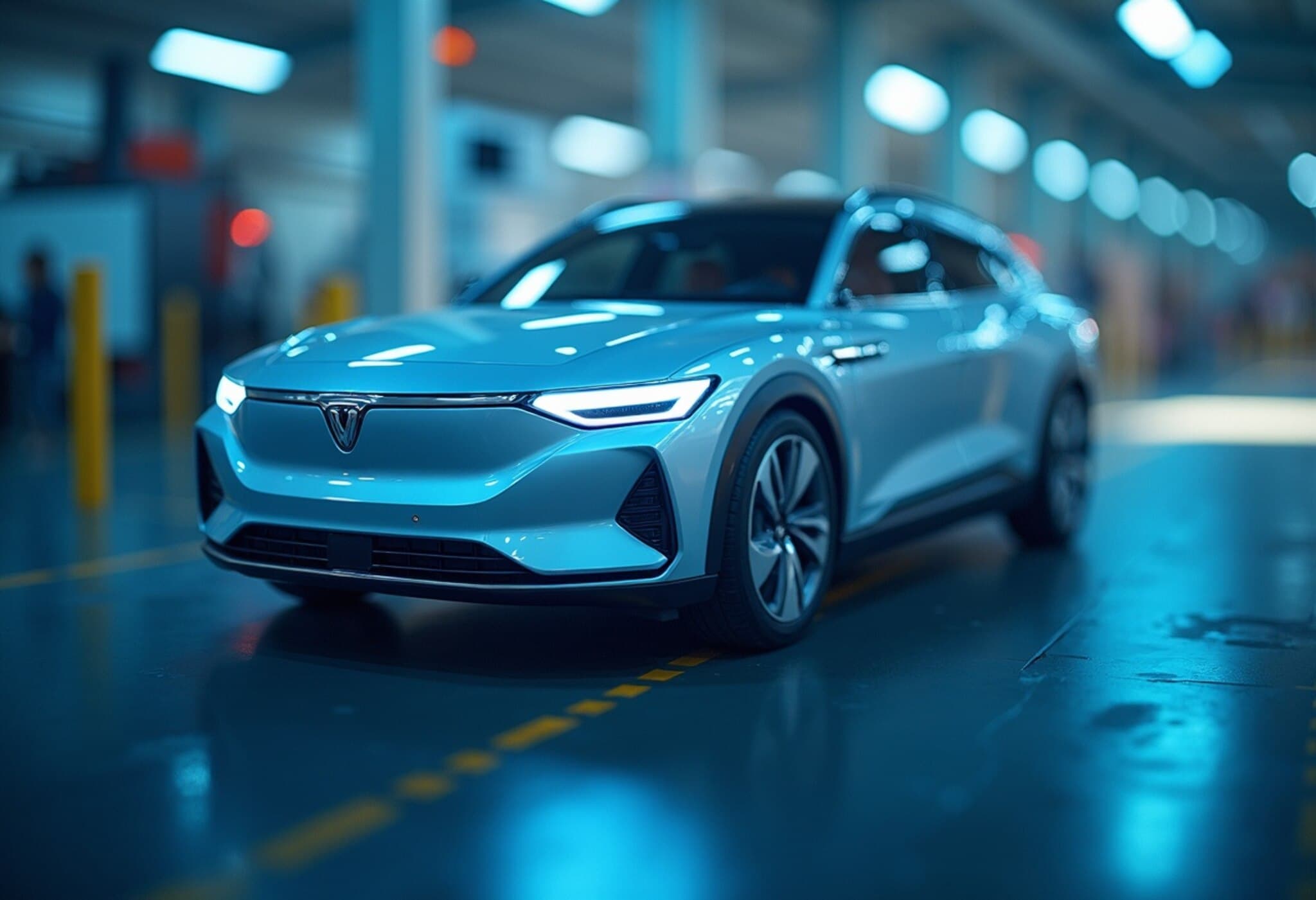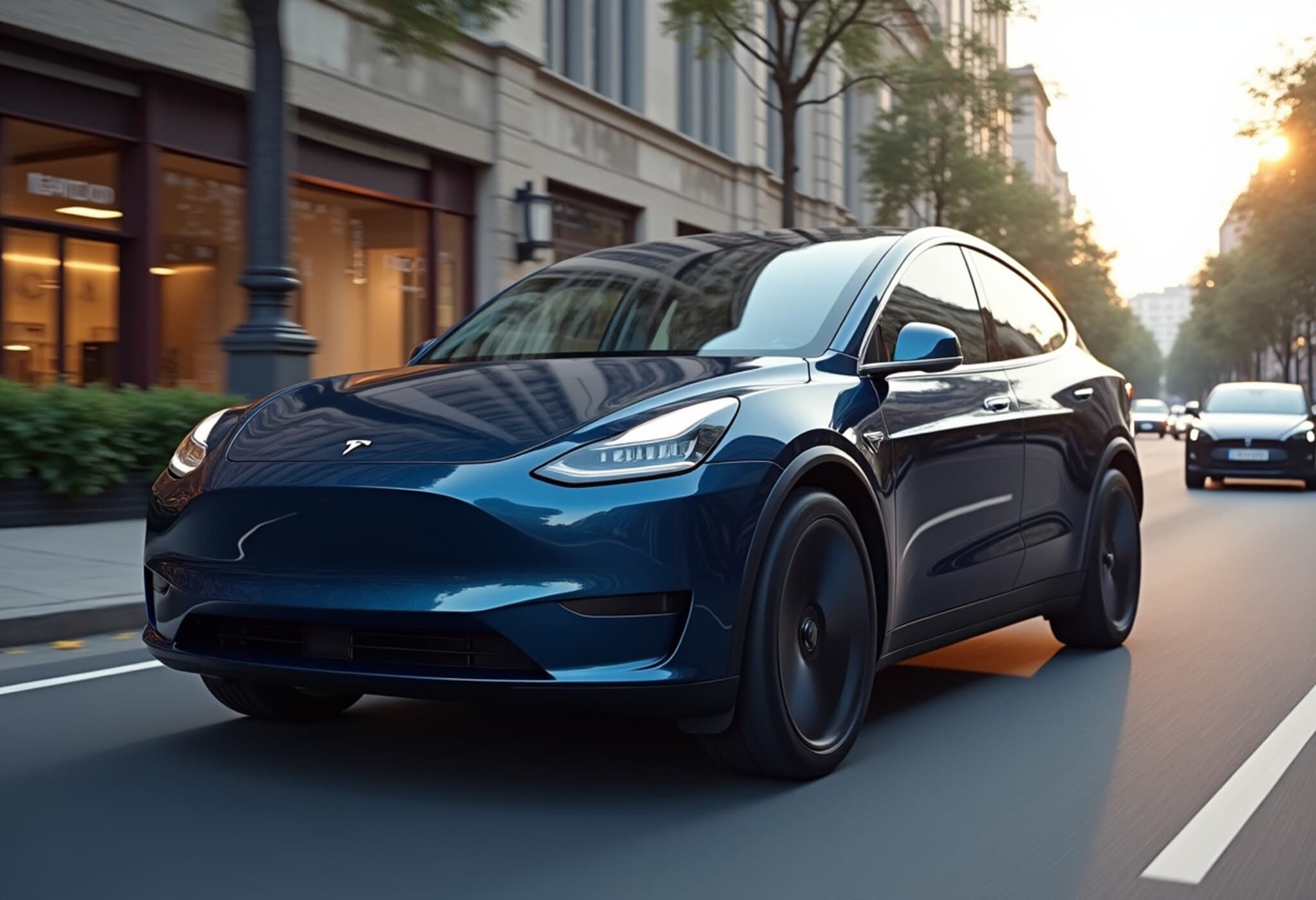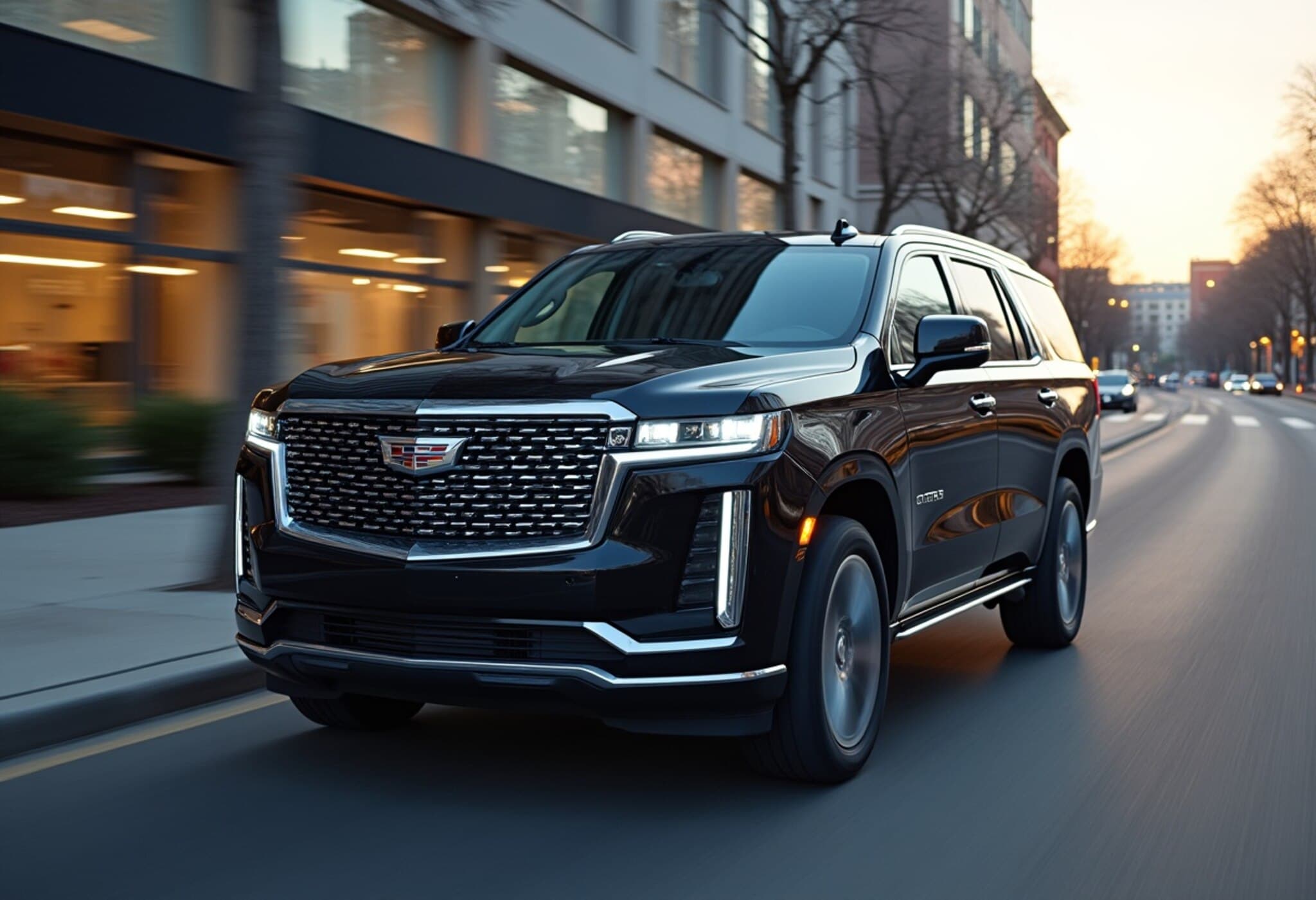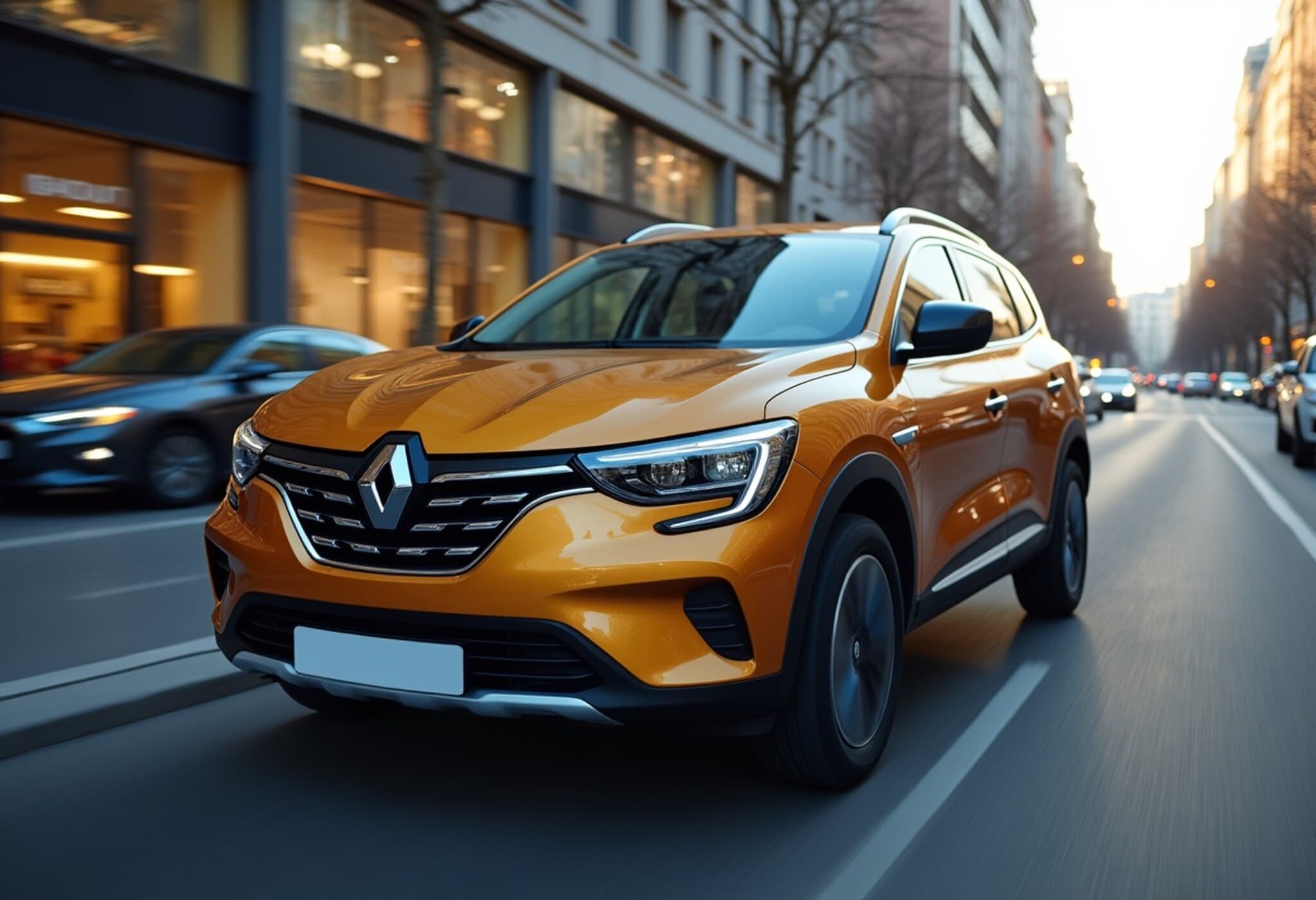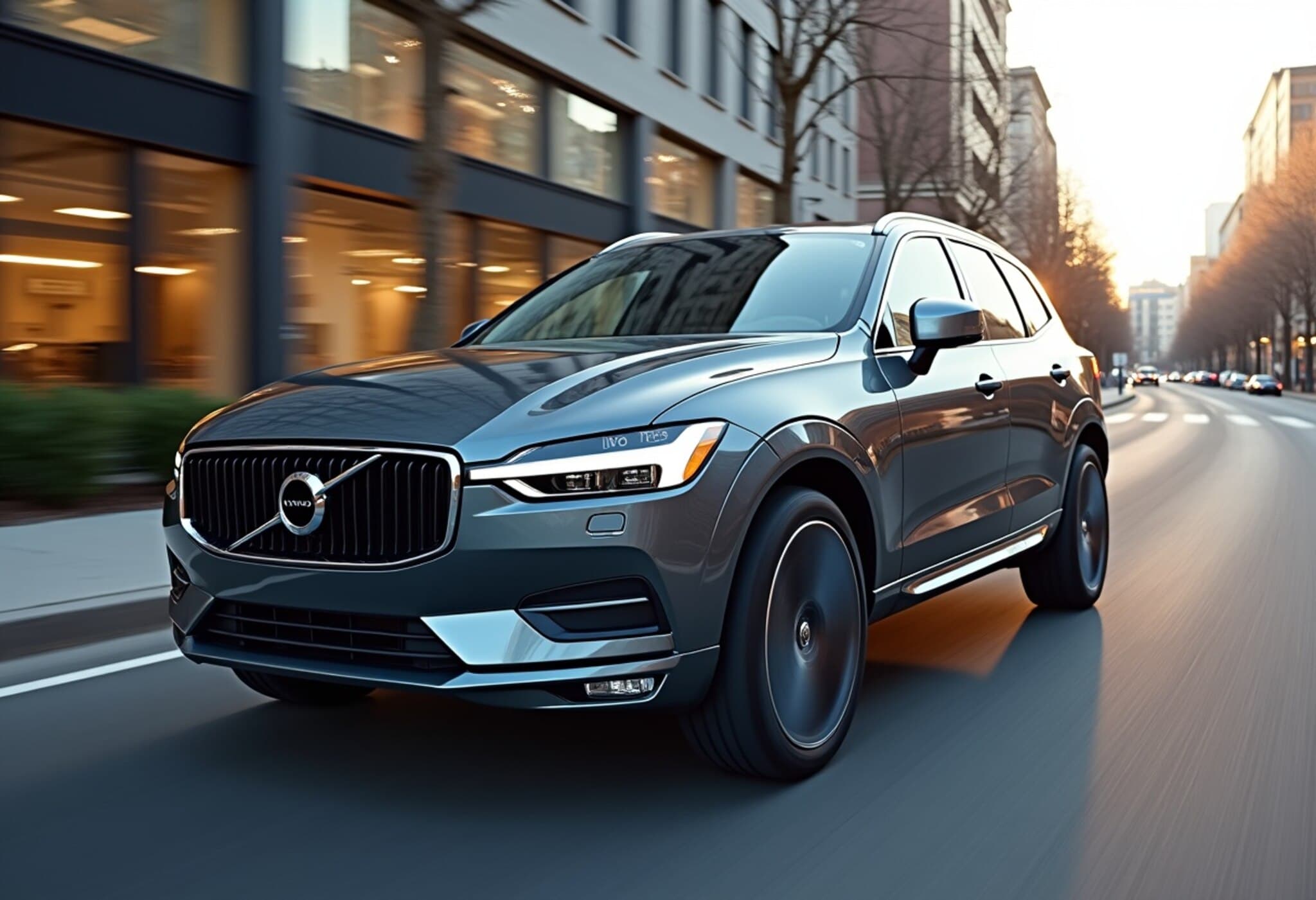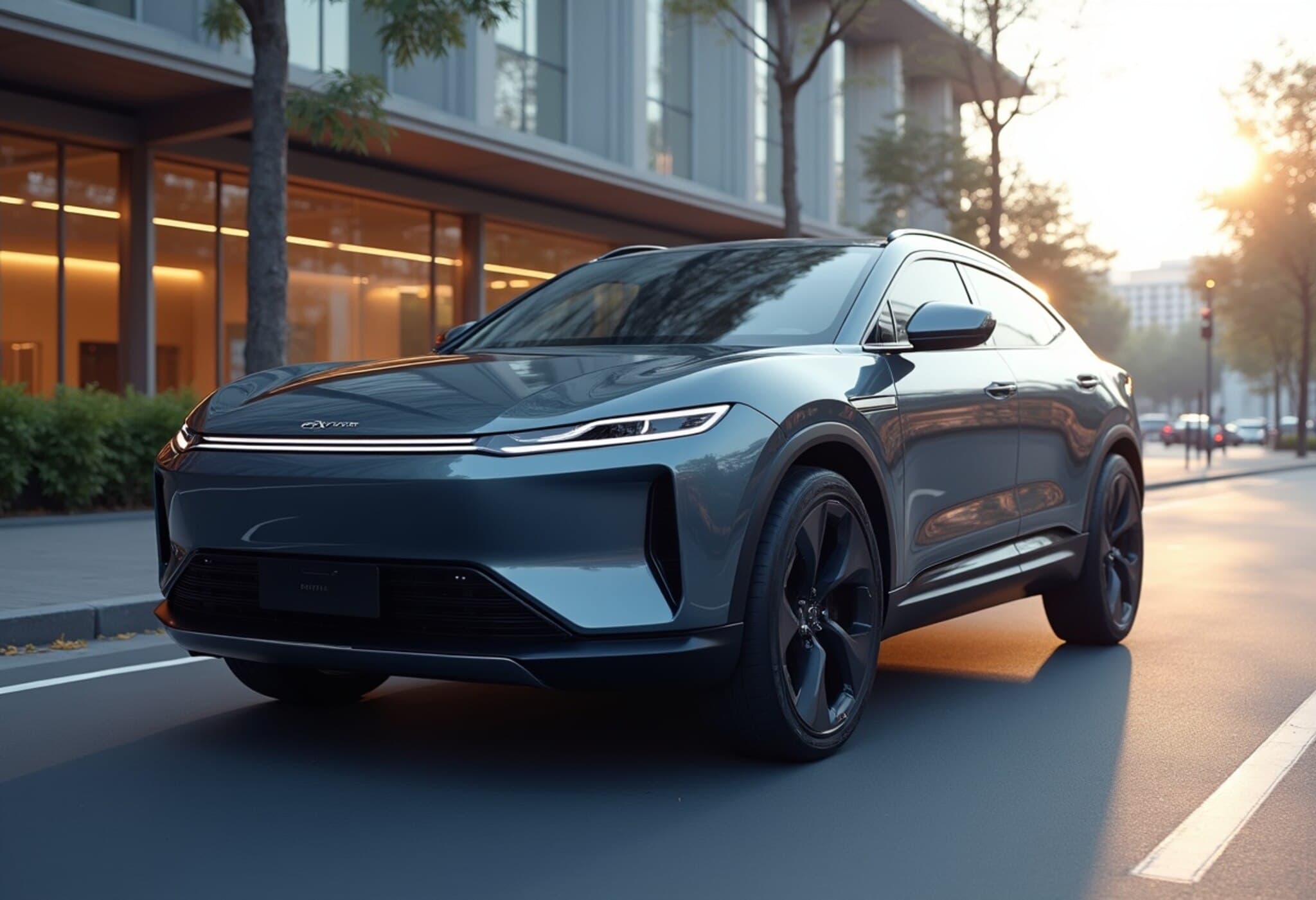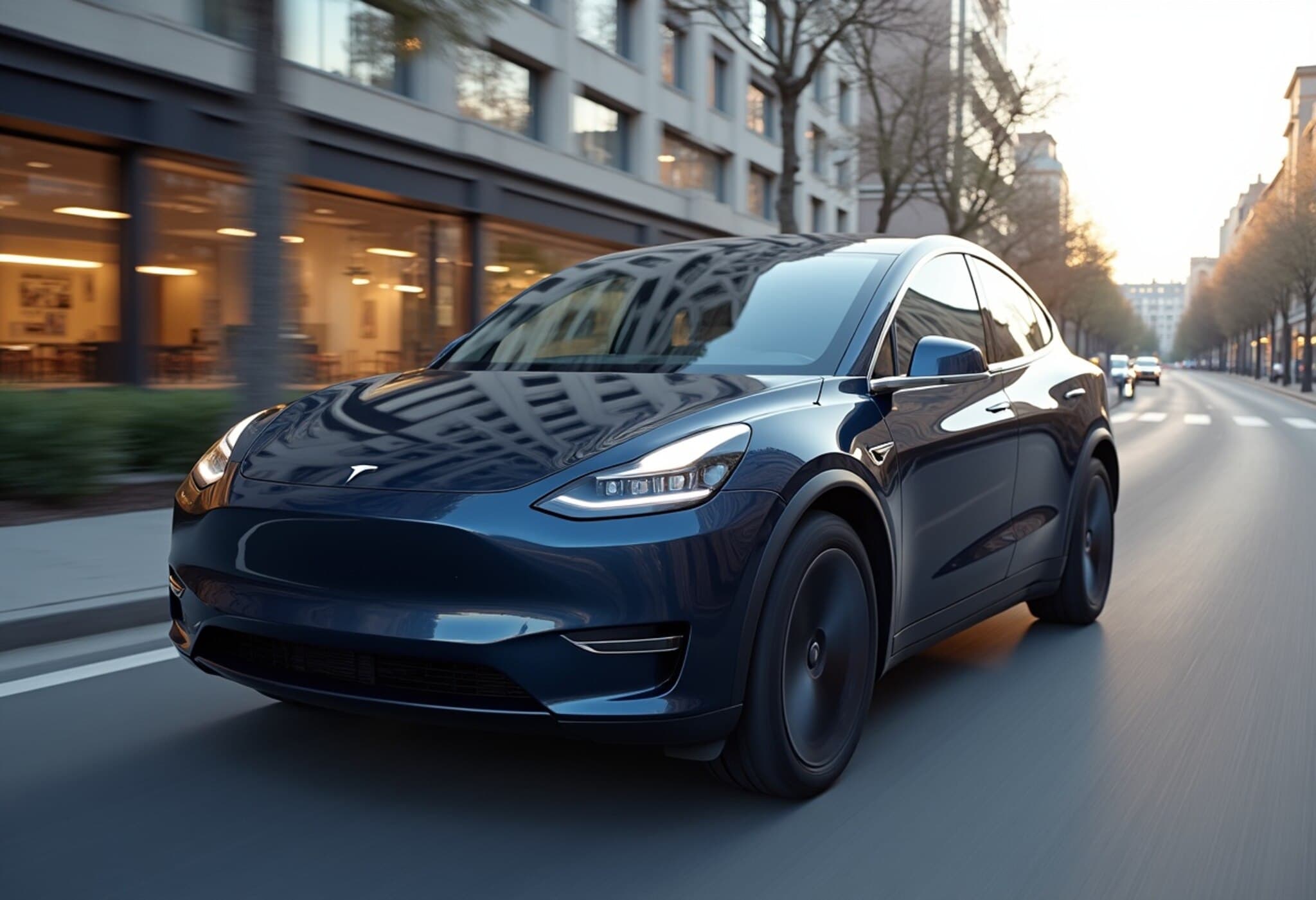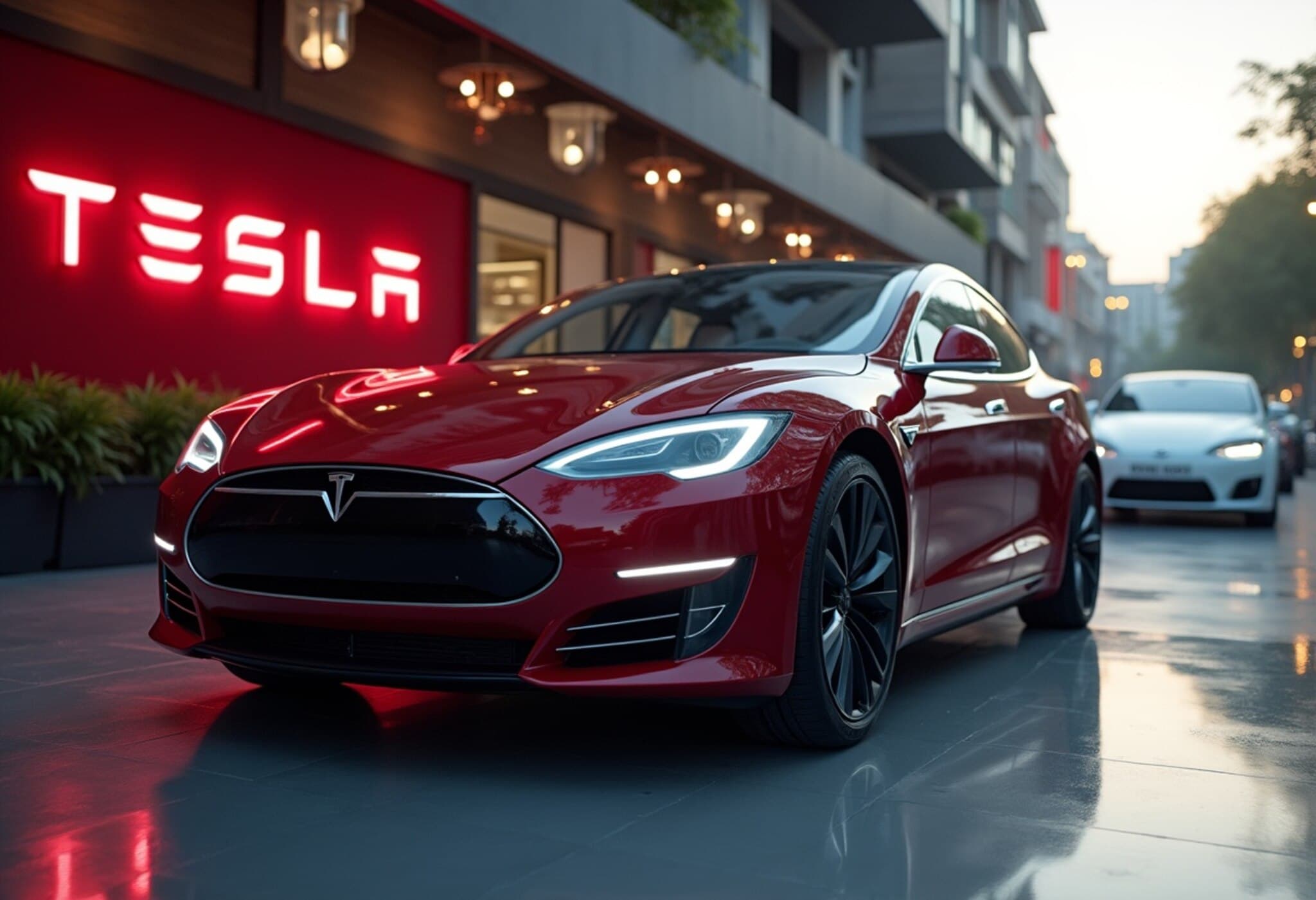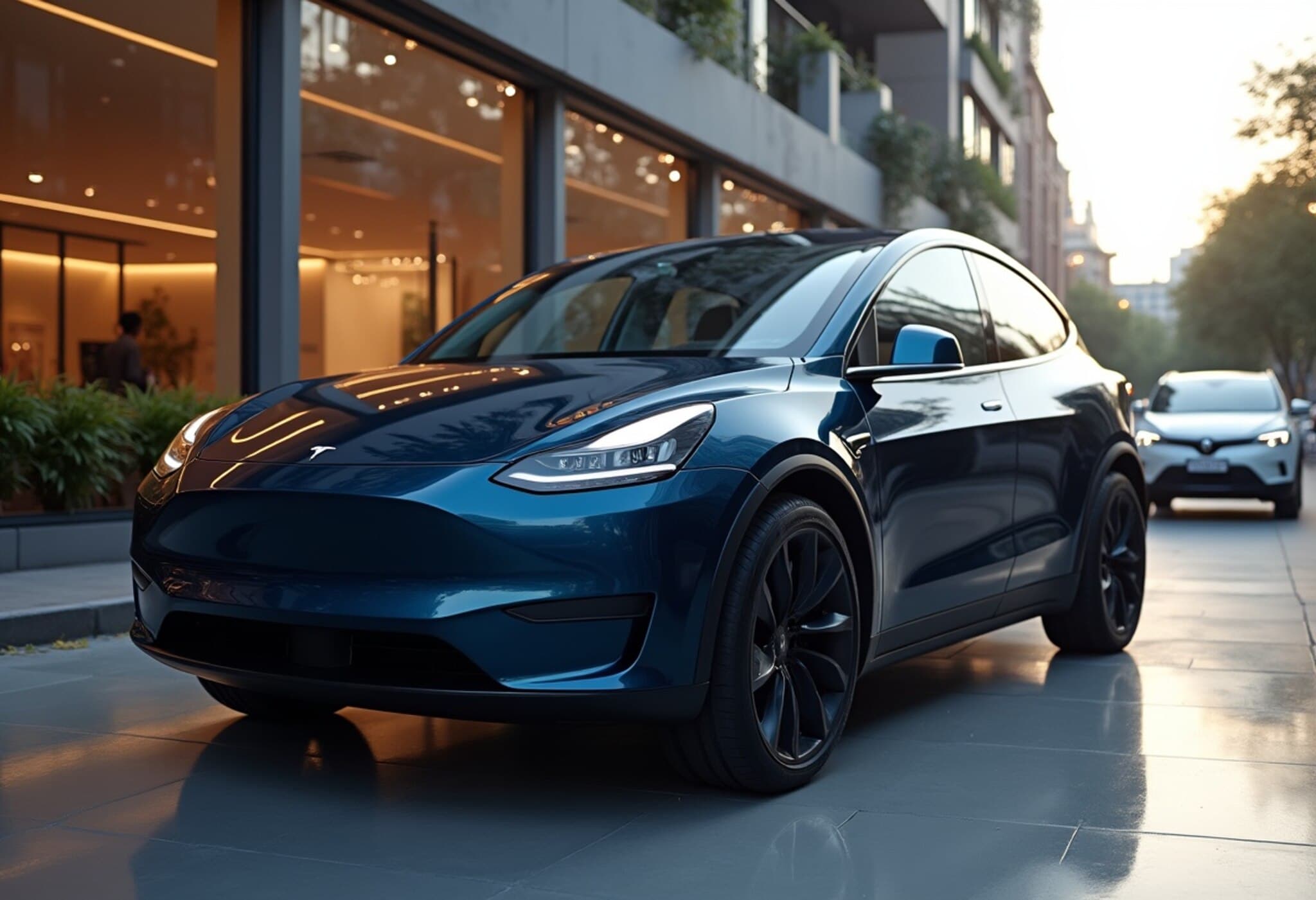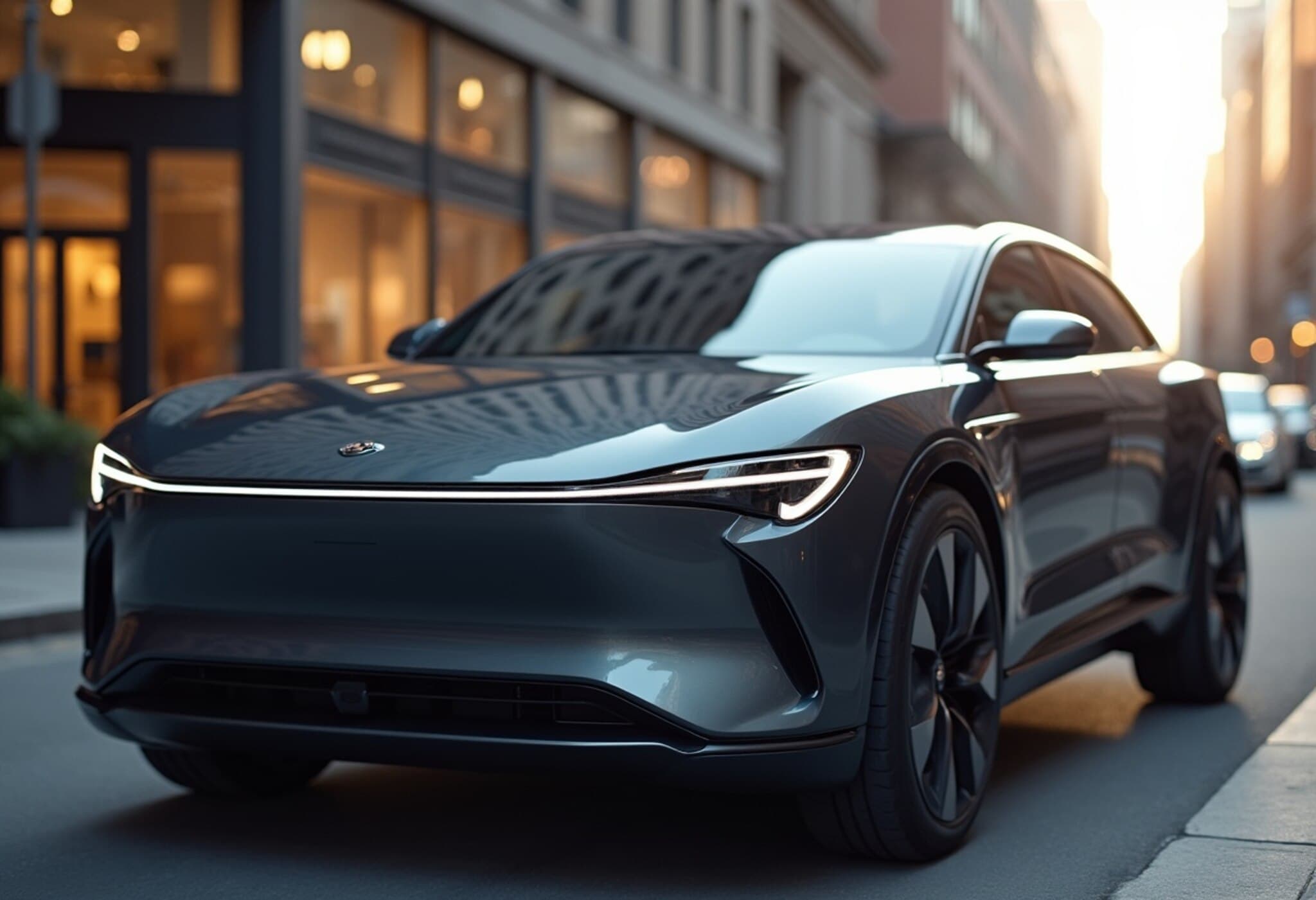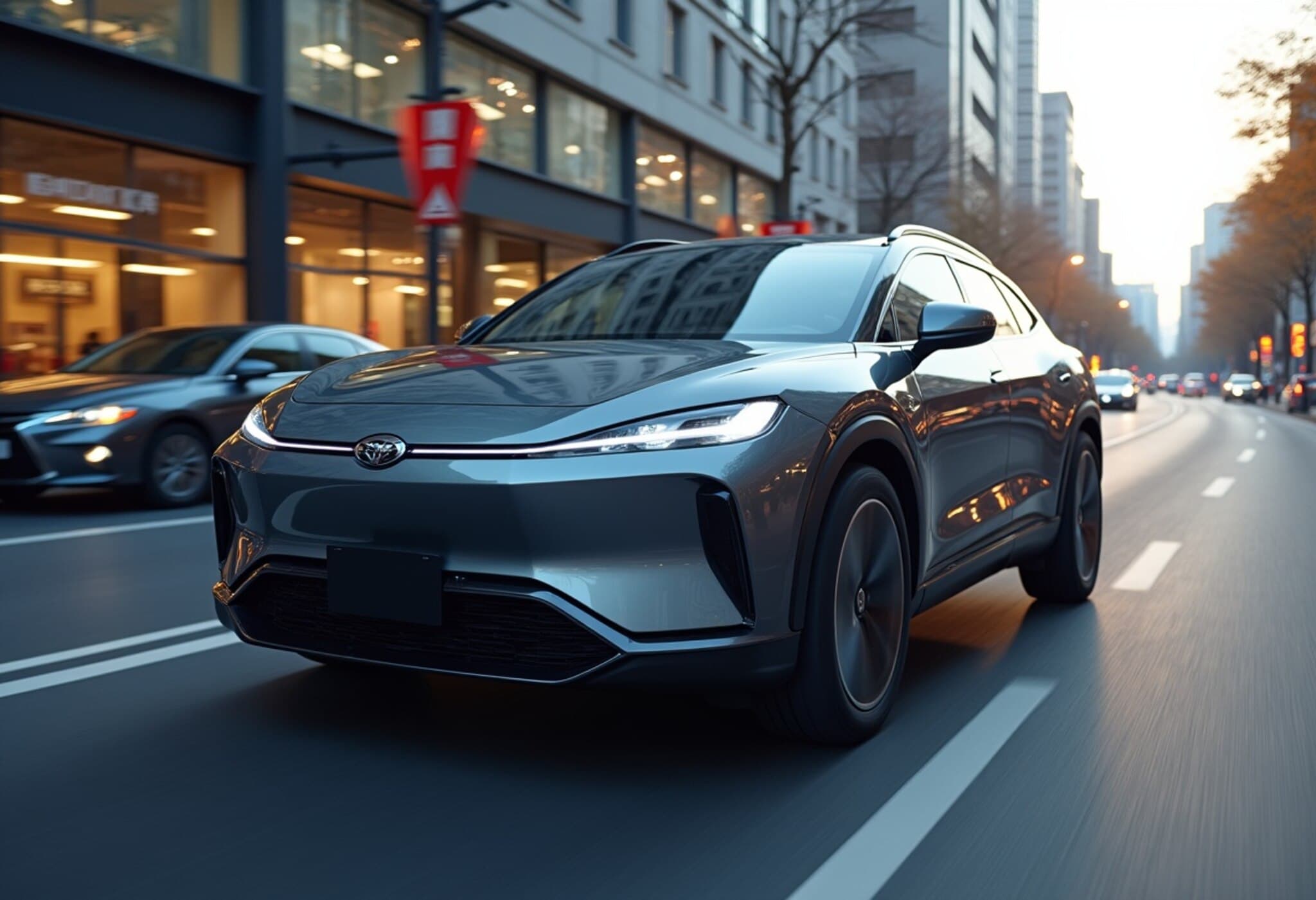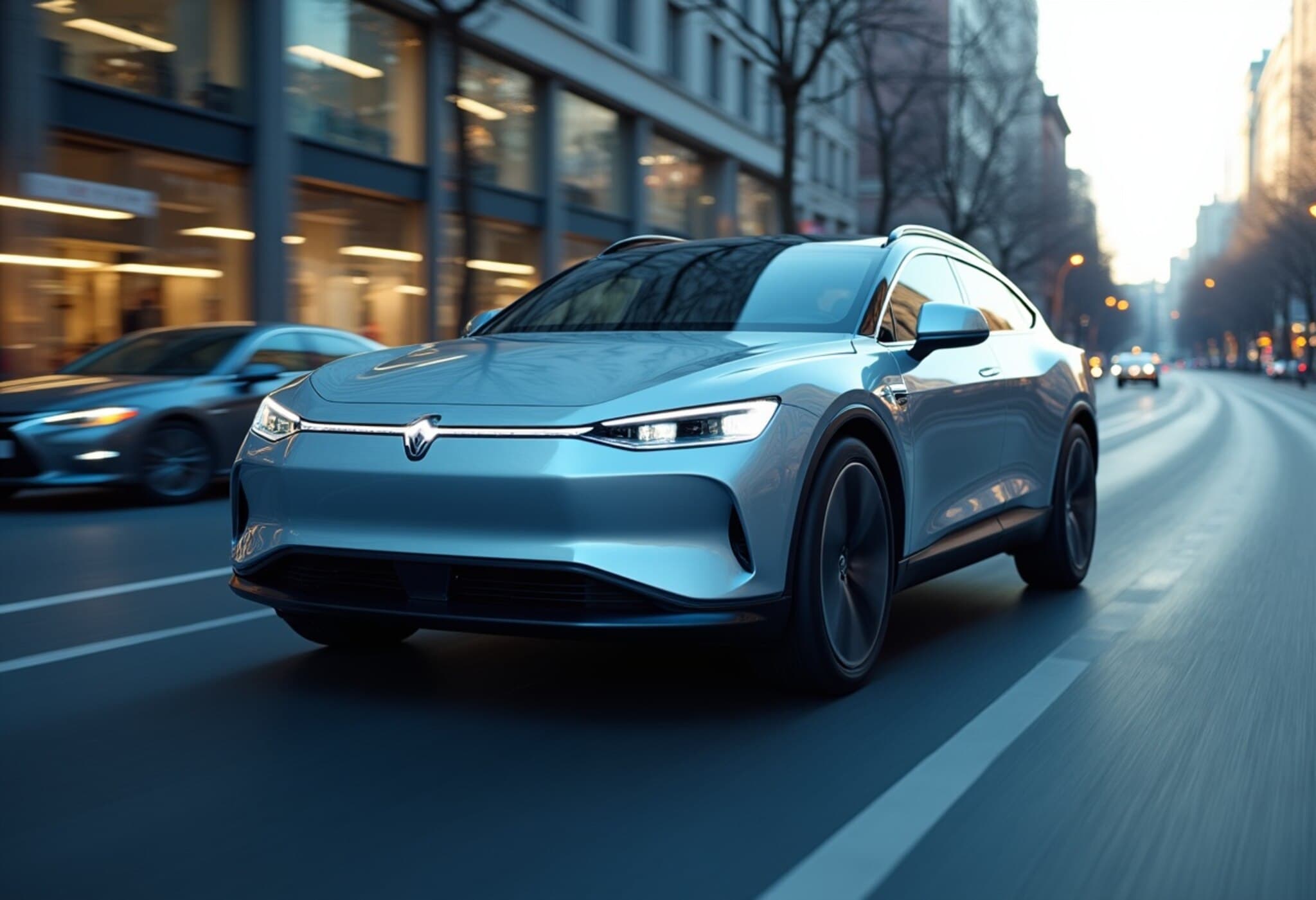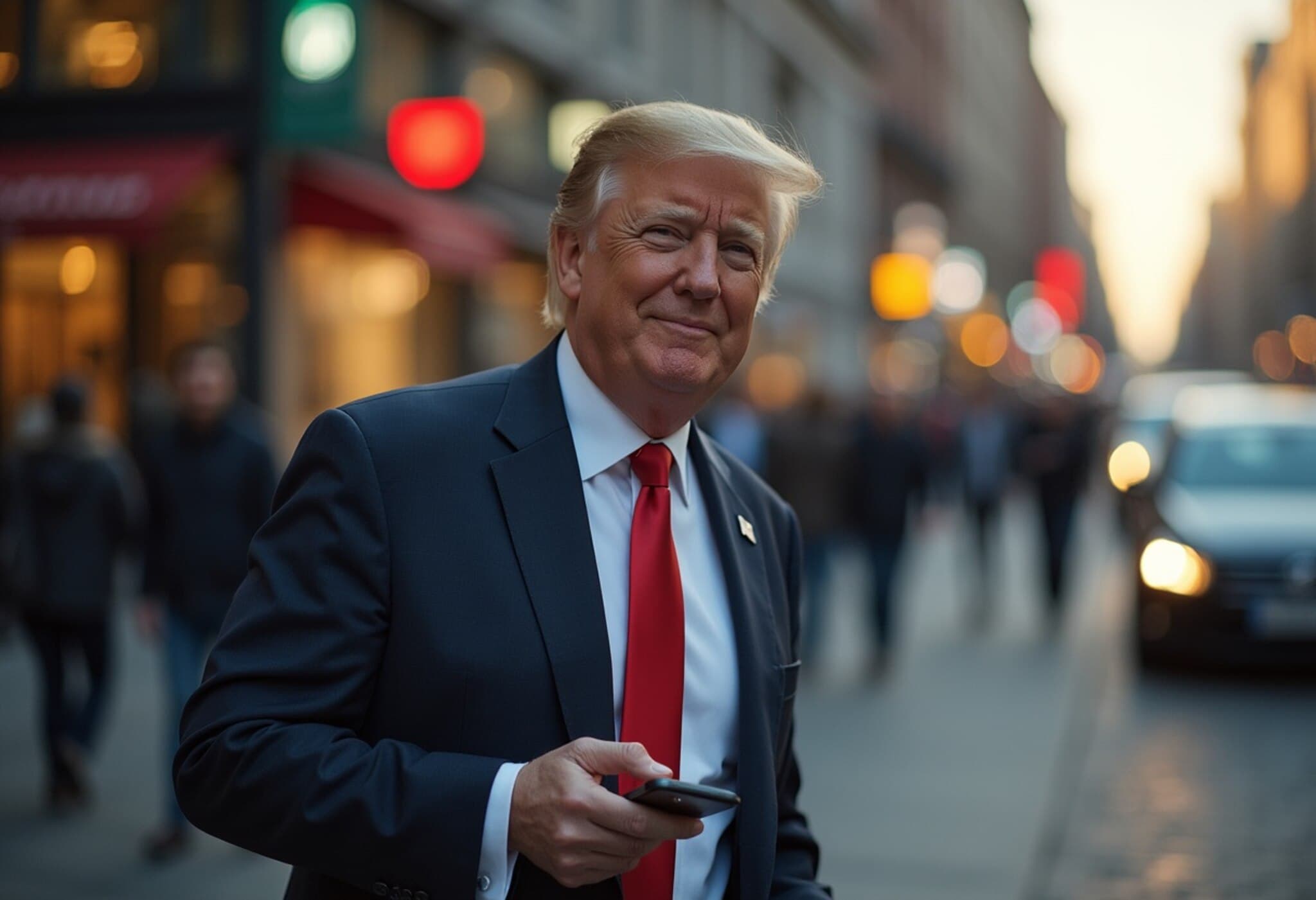Inside the Controversy: How Zeekr and Neta Inflated Electric Vehicle Sales
In a revelation that has sent ripples through China's electric vehicle (EV) industry, leading brands Zeekr and Neta have been found to have artificially boosted their sales figures by exploiting insurance schemes. Documents reviewed by Reuters, along with interviews with dealers and buyers, expose how these companies manipulated sales data to meet aggressive targets over the past two years.
What Happened?
The crux of the scheme revolves around insuring vehicles before they were actually sold to real customers. Under Chinese car registration regulations, once a vehicle is insured, it can be counted as a sale, even if it hasn't genuinely changed hands with an end-buyer. This practice enabled both automakers to report inflated sales numbers on a monthly and quarterly basis, helping them appear more successful amid fierce market competition.
- Neta booked at least 64,719 early sales through this approach between January 2023 and March 2024 — constituting over 50% of its reported sales of 117,000 vehicles during that time.
- Zeekr, a premium EV brand under Geely, employed a similar tactic in late 2024, particularly via its main dealer in Xiamen, a southern Chinese city.
Why Does This Matter? Understanding 'Zero-Mileage Used Cars'
In the Chinese auto market, vehicles registered and insured before actual sale are dubbed "zero-mileage used cars." Although they haven't been driven or owned by a customer, they are technically considered sold for industry metrics. This practice emerged as manufacturers fought tooth and nail in the world’s largest car market, where intense price wars and overcapacity have pressured sales figures severely.
Industry experts warn this inflates performance artificially, and buyers are often unaware their cars were previously insured. The subterfuge tarnishes industry credibility and risks misleading investors and consumers alike.
Official Responses and Industry Fallout
Chinese state media have not held back in condemning the practice. The China Securities Journal recently named Zeekr publicly, marking the government’s intensified scrutiny. Interviews with Zeekr customers in various cities revealed many discovered their vehicles already had active insurance policies before purchase — a fact dealers rarely disclosed. When these buyers sought refunds, they were often denied.
Zeekr, responding via its official Weibo account, claimed the insured cars were showroom vehicles and insisted that being insured was mandatory for safe display. While they did not clarify if these vehicles were counted toward sales figures, they announced the formation of an investigative team to address the media allegations.
Neta’s parent company, Zhejiang Hozon New Energy Automobile, and Xiamen C&D — Zeekr’s principal dealer — did not respond to requests for comment. Geely, Zeekr’s owner, firmly rejected accusations put forth by state media but declined additional clarifications.
The Dealer Perspective: Under Pressure to 'Just Do It'
Dealers interviewed expressed feeling coerced into participating in the scheme. One Neta dealer, speaking anonymously to avoid retaliation, said the company explicitly instructed dealers that pre-insured cars counted as sales and pressured them to maintain the facade because competitors were doing the same.
Many zero-mileage cars remained unsold, sitting in warehouses while sales figures appeared healthy on paper. Buyers were often unaware their insurance had started prematurely, only discovering this when their policies expired unexpectedly.
This deceptive tactic might have been partly motivated by Neta’s desire to capture electric vehicle subsidies set to end in late 2022, further complicating the ethical landscape.
A Crackdown on Unethical Sales Practices
The Chinese government and industry bodies appear to be ready for a reckoning. State-run publications have criticized the zero-mileage vehicle practice for harming both consumers and the industry’s long-term health.
New regulations may soon prohibit vehicles from being resold within six months of insurance registration, aiming to curb manipulative sales methods. Dealer associations in affluent regions like the Yangtze River Delta have also called for more reasonable sales targets, acknowledging that unrealistic goals encourage falsification of sales data.
What Lies Ahead?
As China’s EV market matures, transparency and accountability will be crucial to maintain investor confidence and protect consumers. The zero-mileage scandal underscores deeper structural challenges, including cutthroat competition, pricing pressures, and market overcapacity.
For American and global stakeholders, this development serves as a cautionary tale about the risks of distorted sales data in fast-growing industries. Scrutinizing reported metrics, emphasizing regulatory oversight, and demanding corporate transparency are essential steps to avoid similar pitfalls elsewhere.
Editor's Note
The unfolding story of how Zeekr and Neta inflated EV sales by employing early insurance tactics reveals not just a corporate strategy but a systemic challenge facing China's crowded automotive market. Buyers caught in the middle and investors relying on misleading sales data are especially vulnerable.
Questions remain: How will regulators enforce new rules without stifling innovation? Can dealers and automakers rebuild trust with consumers after these revelations? And how might this episode influence global EV market practices?
As the Chinese government signals tougher oversight, watchers worldwide should remain vigilant about the complexities of emerging industries blending rapid growth with regulatory gaps.

